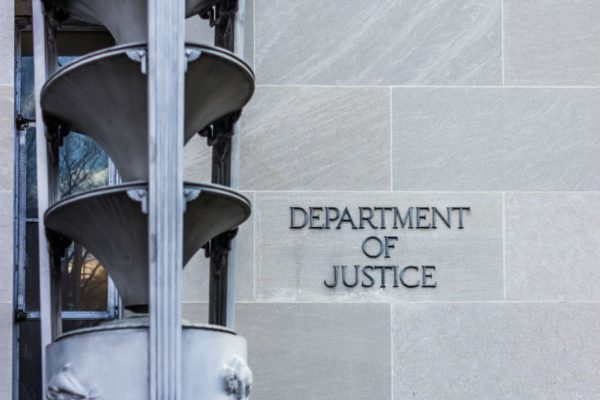This month marks the 60th anniversary of the implementation of the 1957 Civil Rights Act, which enshrines the right of all U.S. citizens to vote regardless of race, ethnicity or gender. It also established the Civil Rights Division of the Department of Justice, which has been instrumental in helping to ensure the rights of minorities and women.
As we reflect on this legacy and the path that it opened for political change, we must also consider the many ways that legacy has been recently eroded. The current moment, in particular, demonstrates a cooling of state and federal commitments to civil rights.
We must remain vigilant about efforts to erode the right to vote for historically marginalized communities. It behooves all of us to push back and resist efforts that undermine our most prized democratic principle – the right for all people to vote.
In Texas, we’ve seen this first hand. The most recent venture, Texas Senate Bill 5, was recently struck down by a federal court, which found that legislators intentionally discriminated against black and Latino voters when they enacted photo ID requirements in 2011.
The state appealed the ruling to the Fifth Circuit Court of Appeals and perhaps unsurprisingly was promptly joined by the Department of Justice. Days later a three-judge panel of the Fifth Circuit lifted the stay and allowed the bill to become law.
Though states like Texas have for some time sought to undermine the power of minority voters, the arrival of the Trump administration and Jeff Sessions’ leadership of the DOJ have demonstrated a radical reversal in the federal government’s position on the protection of voting rights. Sessions has been vocal about his opposition to the federal Voting Rights Act, calling it “intrusive” and has said that voter ID laws if “properly drafted” are acceptable.
These comments should alarm anybody who is concerned about voting rights. They are particularly dangerous coming from the leader of the DOJ, given that agency’s mission of protecting the civil rights of the most vulnerable Americans.
In Texas, legislators’ efforts to pass the controversial Senate Bill 5 are progressing in tandem with a redistricting effort that began after the 2010 census. Recently, a three-judge panel unanimously held that nine of Texas’ legislative districts needed to be redrawn because lawmakers intentionally discriminated against minority voters when they created them. The state appealed, and Supreme Court Justice Samuel Alito ordered the decision be put on hold until the appeal moves forward.
Such efforts to curtail voting rights have been boosted by the U.S. Supreme Court’s decision in Shelby County v. Holder, which saw states like Texas removed from the federal Voting Rights Act’s requirement that the state seek preclearance from the federal government for new political maps and voting laws.
The battle over voter rights in the state holds real and lasting consequences for minority voters in Texas as well as for the legacy of civil rights in the entire country. As the political landscape continues to shift radically, old efforts to undermine the rights of people of color continue apace. However, so too do the tools from the old civil rights protection playbook help to fight the onslaught.
A federal judge is currently weighing whether to place Texas back on the federal preclearance list, which will require consultation with the DOJ before any new voting laws or redistricting can take place. Although Sessions and this administration have demonstrated their hostility toward civil rights, and voting rights in particular, nonetheless preclearance could be a step back in the right direction for the state. Such a move will have effects beyond the current administration.
Just as obtaining civil rights was the result of the work of thousands, so too is protecting those rights from the current onslaught. If we have learned anything from the past year, it is that we must remain vigilant and active in the face of those who seek to erase the rights that many of us did not enjoy before the passage of the 1957 Civil Rights Act.
Mónica A. Jiménez is an assistant professor of African and African diaspora studies at The University of Texas at Austin.
A version of this op-ed appeared in USA Today, Houston Chronicle, San Antonio Express News, Waco Tribune Herald, and the Austin American Statesman.
To view more op-eds from Texas Perspectives, click here.
Like us on Facebook.




